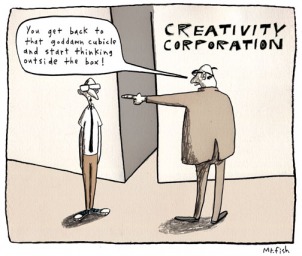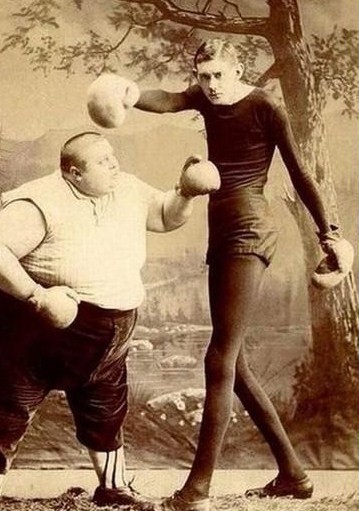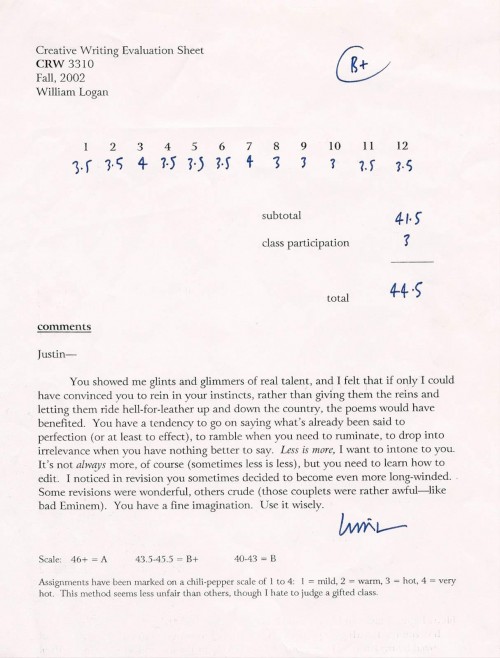In celebration of the paperback release of his latest novel Castle, the excellent J. Robert Lennon is giving away iPad and PDF versions of his Video Game Hints, Tricks, And Cheats: Essays, Exercises, Riffs, Gags, And Other Incidental Writings, “a collection of random, mostly comic writing from the past dozen years, including pieces published in Harper’s, Granta, The Los Angeles Times, McSweeney’s, and elsewhere.”
Mother’s Day poem

DOWNTOWN CROSSING
by Mairéad ByrneA cup of coffee can be a mother.
A cigarette can be a mother.
A blanket can be a mother.
A wool cap can be a mother.
A coat can be a mother.
A booth can be a mother.
A warm grating can be a mother.
You can be your own mother.
I found this poem in a really cool anthology called Not for Mothers Only: Contemporary Poems on Child-Getting and Child-Rearing (Fence Books, 2007)
Also, Mairéad Byrne’s collection The Best of (What’s Left of) Heaven (Publishing Genius, 2010) is available now.
The Romantic or The Playful: a conversation about art and happiness

In response to this excellent post, Sean Lovelace said this:
I detest the write-or-I will-die-school.
Why can’t people write an intellectually stimulating activity, as intellectual play?
It has to always be ink-as-blood thing?
I don’t get it.
I’m going to suture in my (slightly edited) response here, as well. I would love input from all.
for Alec, assuming this is what he was getting at–and that if it wasn’t it maybe should have been.
httpv://www.youtube.com/watch?v=V2LtJ7AKUrc
Happy Saturday night! I’m going out into the wind.
May 8th, 2010 / 8:54 pm
Thunk & Theme
Plot and “literary” are not mutually exclusive. We know this.
Cold Mountain (took 15 years to write but worth it)
The Lathe of Heaven (convoluted, yes, but every other page is a closed envelope we want to open)
The Road (obvious, but so is Cajun food with beer. Yet who would eat Cajun food without beer?)
So.
What is the best action/plot/page-churn/turn novel with a theme (a vague term, commence the coughing, but you know I mean: So What?/Idea of Life/Quickening of Human Heart/Quickening of Mind/Aspect of Life Experience/Etc.)?
Plot AND Theme.
Your choice?
“No One Can Advise Or Help You — No One”
 A friend recently sent along some wondering for submission to GIANT discussion. Their question (skip down to the blue if you want to avoid me getting off topic with brain science) maybe intersects Lily’s post yesterday about the definition (and neurobiology) of creativity. Is there “hardwiring” involved in our expression/communication motivations? Is that expression/communication goal-based or process-based? Do we need intense pompadours? I’m getting farther afield with each question I add to the question I haven’t even shown you yet, but I’ve been reading Antonio Damasio’s The Feeling of What Happens: Body and Emotion in the Making of Consciousness, which proposes (among many things) that emotions and feelings are different (emotions are in the body, feelings are the mind’s awareness of emotions), and that we evolved consciousness in order to be aware of our having feelings. Not just feelings, but our having of them. In other words, we have a mind in order to know how we feel. I can’t help but make lazy/lyrical connections between my anonymous friend’s question and those ideas, but I’m feeling too lazy/lyrical to do much besides wonder. I invite you, kind people, to do more. Here is my friend’s question:
A friend recently sent along some wondering for submission to GIANT discussion. Their question (skip down to the blue if you want to avoid me getting off topic with brain science) maybe intersects Lily’s post yesterday about the definition (and neurobiology) of creativity. Is there “hardwiring” involved in our expression/communication motivations? Is that expression/communication goal-based or process-based? Do we need intense pompadours? I’m getting farther afield with each question I add to the question I haven’t even shown you yet, but I’ve been reading Antonio Damasio’s The Feeling of What Happens: Body and Emotion in the Making of Consciousness, which proposes (among many things) that emotions and feelings are different (emotions are in the body, feelings are the mind’s awareness of emotions), and that we evolved consciousness in order to be aware of our having feelings. Not just feelings, but our having of them. In other words, we have a mind in order to know how we feel. I can’t help but make lazy/lyrical connections between my anonymous friend’s question and those ideas, but I’m feeling too lazy/lyrical to do much besides wonder. I invite you, kind people, to do more. Here is my friend’s question:
In 1903, a nineteen-year old poet by the name of Franz Xaver Kappus wrote to Rainer Maria Rilke to ask for that illustrious writer’s opinions on his poetry. To which Rilke famously replied, in part, to the now misremembered enquirer:
“No one can advise or help you – no one. There is only one thing you should do. Go into yourself. Find out the reason that commands you to write; see whether it has spread its roots into the very depths of your heart; confess to yourself whether you would have to die if you were forbidden to write. This most of all: ask yourself in the most silent hour of your night: must I write?”
Say, today, you weren’t forbidden but were encouraged. Say your writing was very aesthetically impressive, quite observably good. Say you wrote for yourself and no other. Say you had your reasons to write, including the reason that there were no inherent reasons to write, and you felt these very deeply, all the way to the heart. What if the question remained. Must you write?
From the Archives: An Old Evaluation (of me)
May 8th, 2010 / 3:48 pm
The “Novelty” of Creativity
 Here‘s an article at NYTimes about a dude mapping creativity in the brain. It’s a moderately interesting read. What caught my eye, however, was his working definition of creativity, which is noted as the “common definition of creativity”: the ability to combine novelty and usefulness in a particular social context.
Here‘s an article at NYTimes about a dude mapping creativity in the brain. It’s a moderately interesting read. What caught my eye, however, was his working definition of creativity, which is noted as the “common definition of creativity”: the ability to combine novelty and usefulness in a particular social context.
The OED defines creativity as: Creative power or faculty; ability to create.
So, is creativity “novel”? I have some difficulty balancing the concept of creativity with “novelty,” which the OED defines as: “1a. Something new, not previously experienced, unusual, or unfamiliar; a novel thing.” BUT, but, then, later, “1e. An often useless or trivial but decorative or amusing object, esp. one relying for its appeal on the newness of its design.” This definition is much more pejorative. There’s something extremely problematic about thinking of creativity as a combination of “novelty” and “usefulness,” which the OED defines as: “Having the ability or qualities to bring about good, advantage, benefit, etc.; helpful for any purpose; serviceable.”
To say that creativity is a balancing of novelty and usefulness implies that what is novel (here, insert “new” rather than “trivial”) is inherently useless. How is newness or innovation useless? Furthermore, if this definition the NYT uses is in fact the “accepted” definition, what does this say about creativity as a whole?
Dickinson the Lover
It’s Saturday, and it’s beautiful here in Florida. By beautiful I mean fucking hot. The point being, I want to go outside and ride my bike. The other point being, I think we should all ponder this poem by Emily Dickinson because it’s HOT too:
249
Wild Nights—Wild Nights!
Were I with thee
Wild Nights should be
Our luxury!Futile—the Winds—
To a Heart in port—
Done with the Compass—
Done with the Chart!Rowing in Eden—
Ah, the Sea!
Might I but moor—Tonight—
in Thee!


